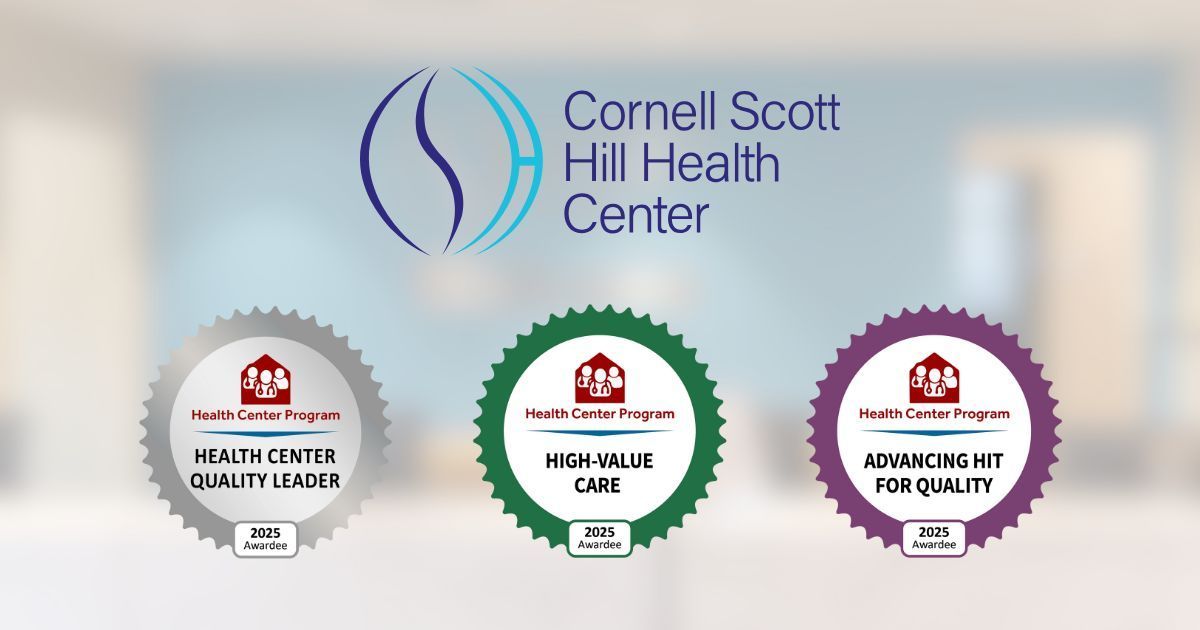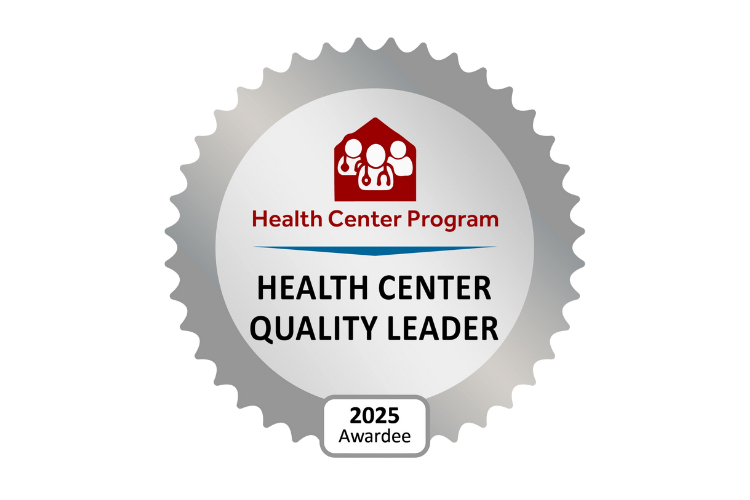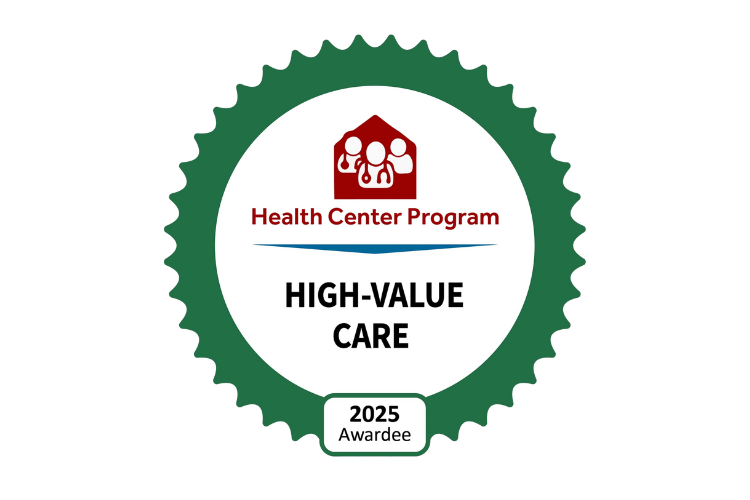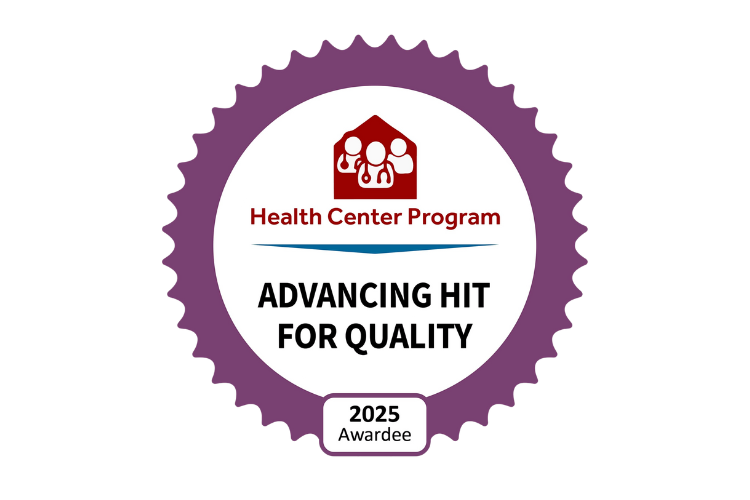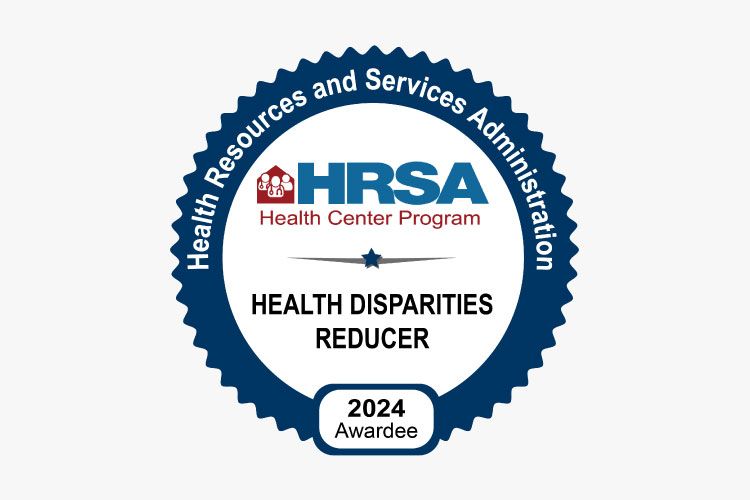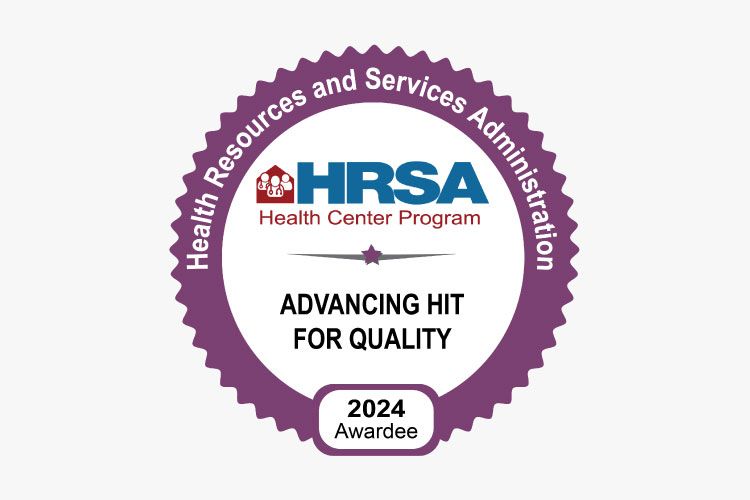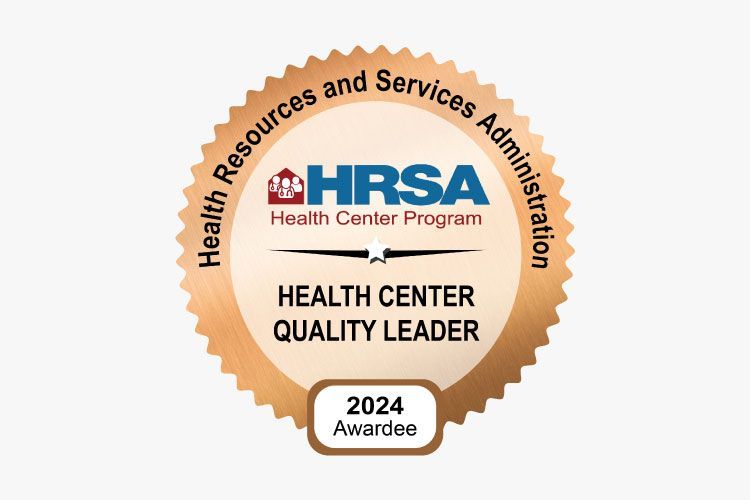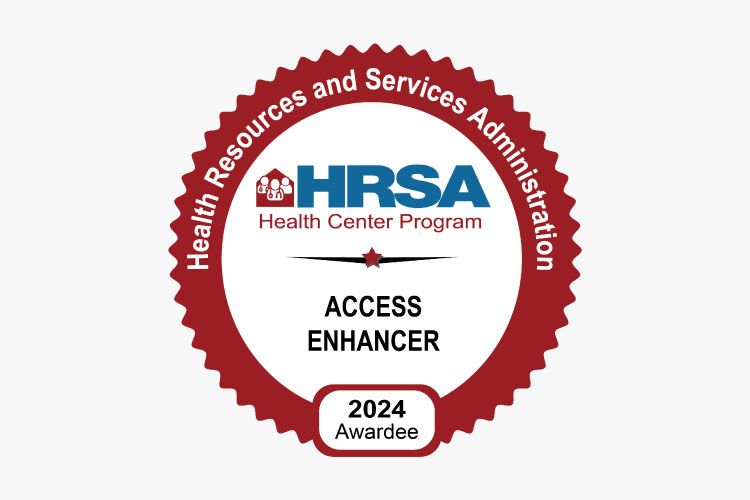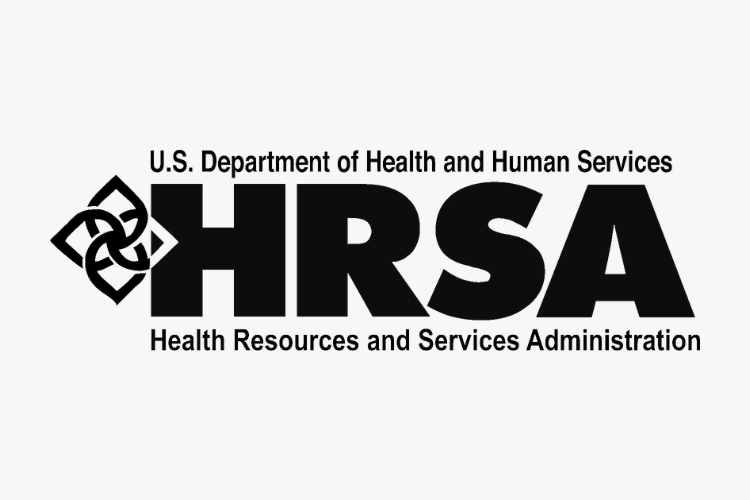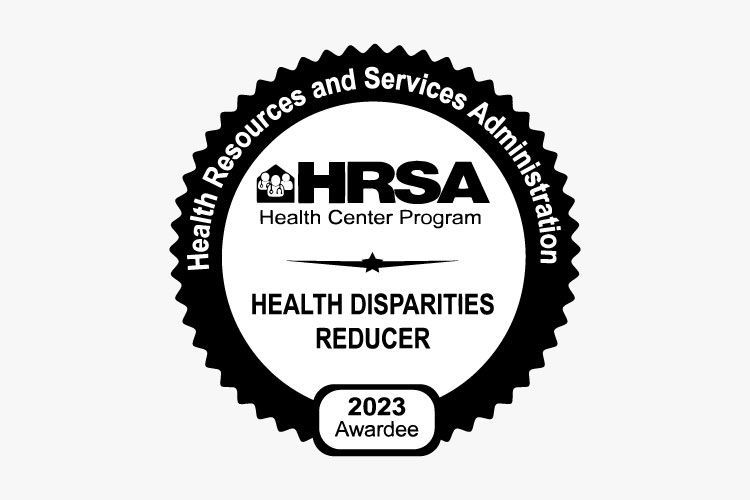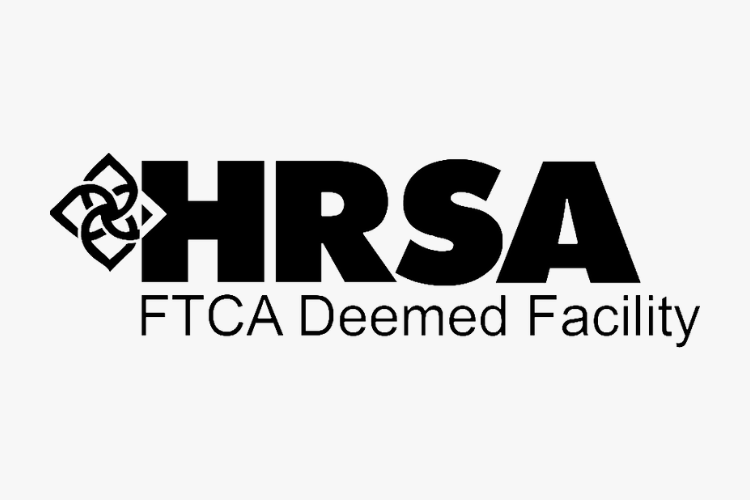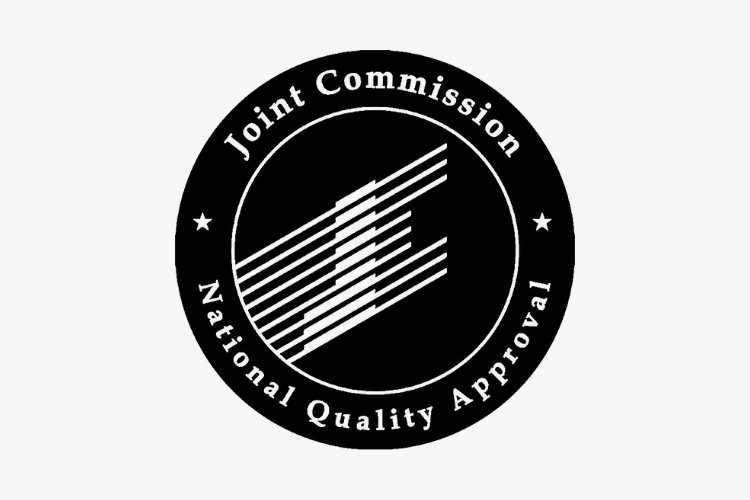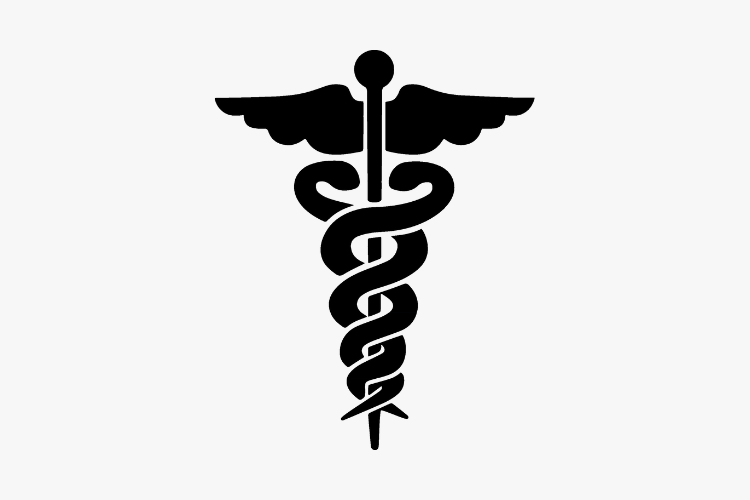Contact Us
Visit Us
MyChart
The Transitions Clinic at Cornell Scott-Hill Health Center
is dedicated to addressing the unique health and social needs of individuals who have recently been released from incarceration. Our clinic operates
in partnership with the nationwide Transitions Clinic Network (TCN), which consists of over 40 primary care centers committed to providing comprehensive care for this vulnerable population. Our goal is to support our patients in achieving stable health and successful reintegration into the community.
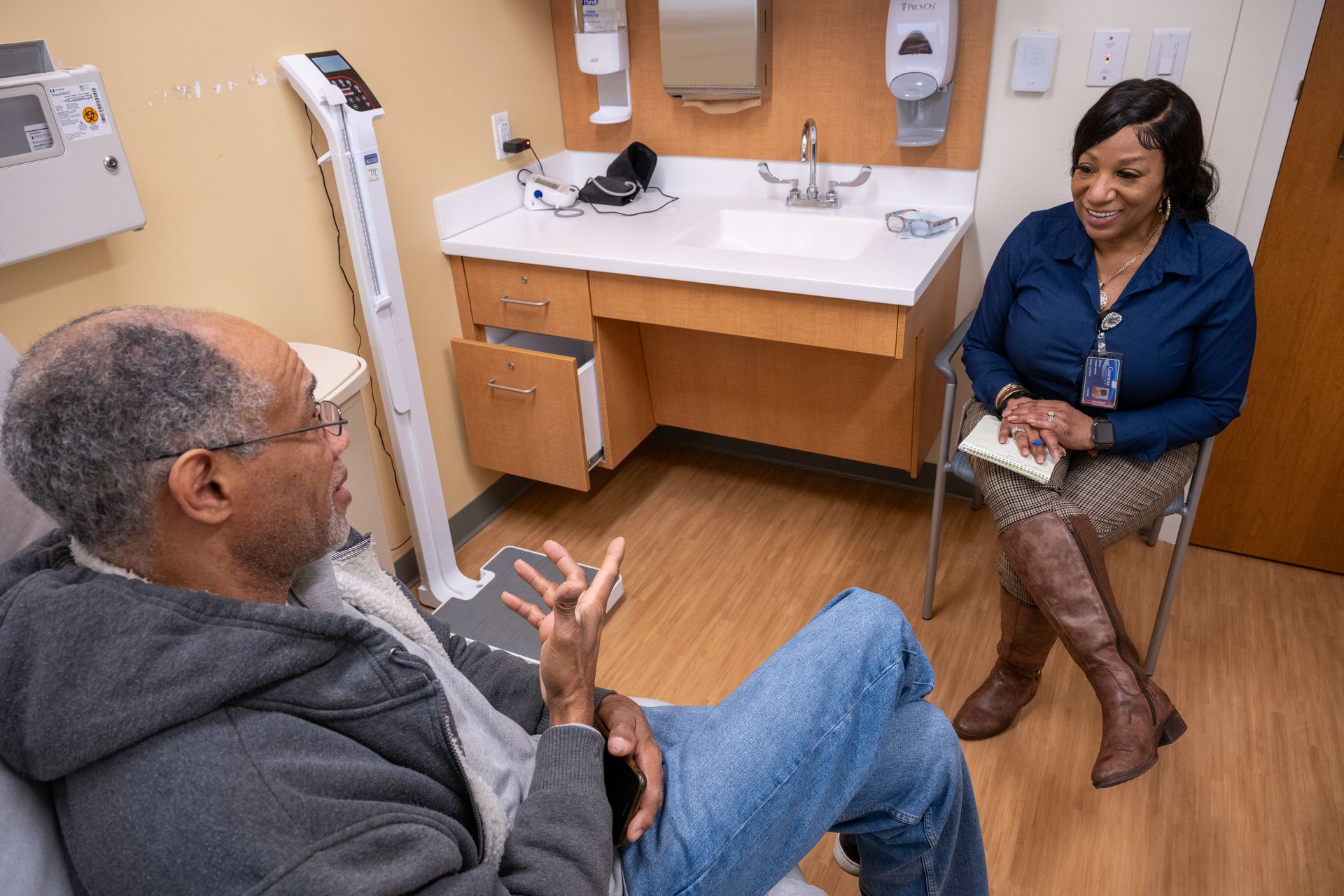
Our Approach
At Cornell Scott-Hill Health Center's Transitions Clinic, we understand that individuals transitioning from incarceration face numerous challenges, including chronic health conditions and substance use disorders. In collaboration with Yale and as part of a grant-funded program, our clinic provides a supportive environment where patients can receive personalized care from a team that includes a healthcare provider and community health workers who have experienced incarceration themselves. This unique combination of professional and lived experience enables us to offer empathetic and effective care tailored to the needs of our patients.
Services Offered
Our clinic offers a wide range of services designed to address the complex needs of individuals transitioning from incarceration. These services ensure comprehensive care and support for both health and social reintegration.
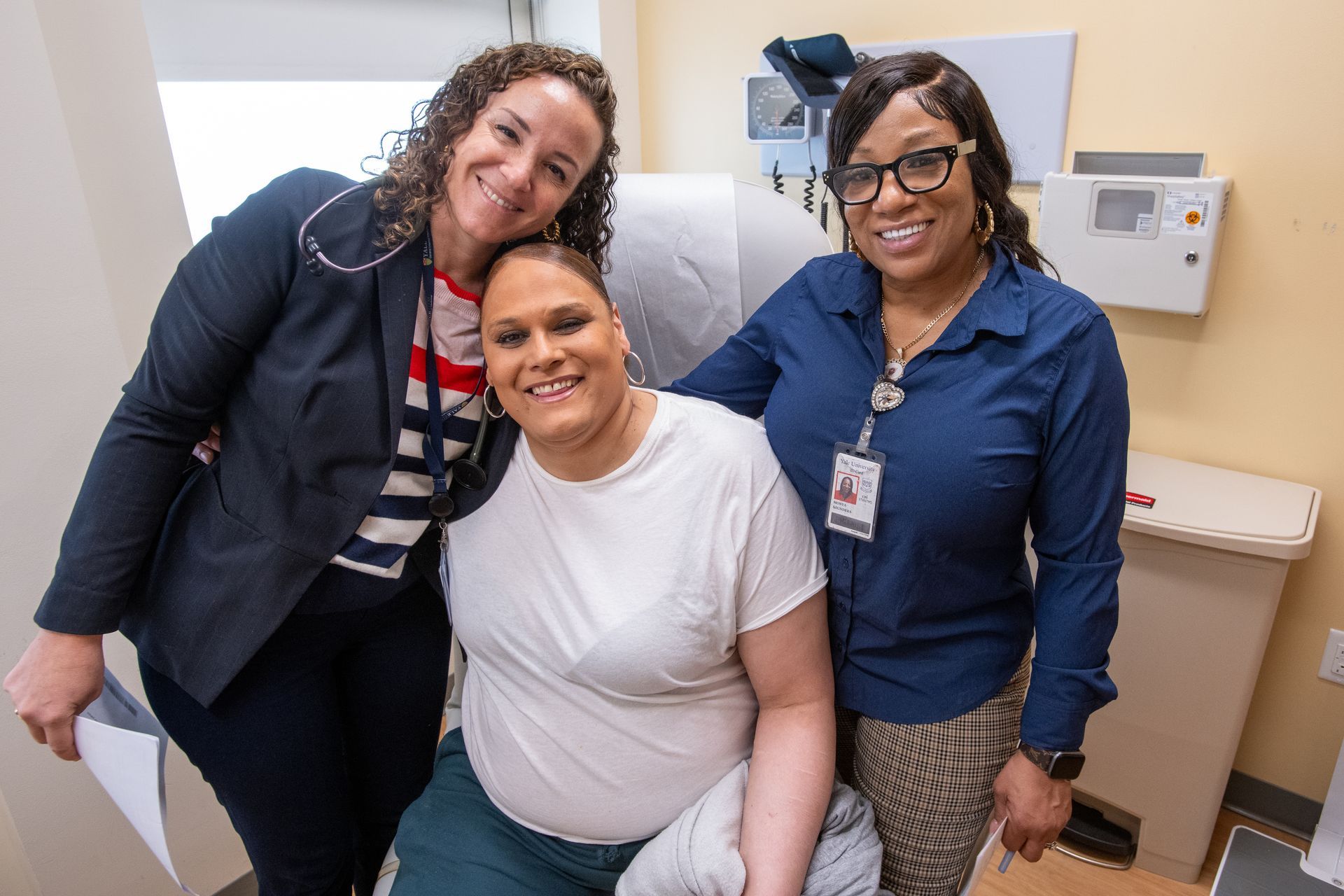
Our Team
Our clinic is staffed by a dedicated team that includes:
Research and Impact
Studies have shown that the Transitions Clinic Network's model is effective in reducing emergency department visits, lowering the likelihood of reincarceration, and decreasing the number of days individuals spend incarcerated. By facilitating direct referrals from correctional systems to our clinic, we ensure that patients receive timely and coordinated care, which significantly improves their health and reduces the need for acute care services.
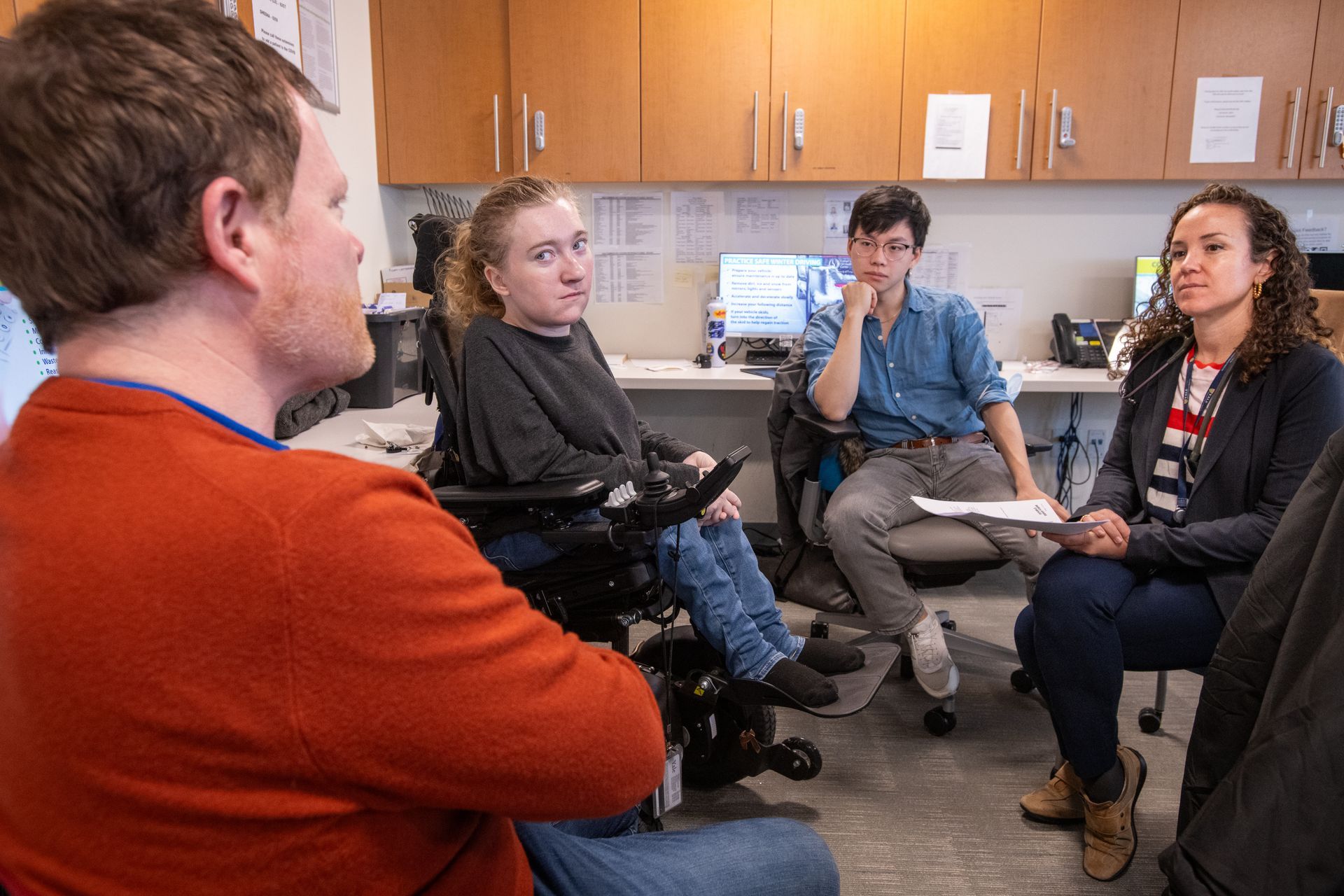
Affiliations
Cornell Scott-Hill Health Center's Transitions Clinic is affiliated with the SEICHE Center for Health and Justice, and we participate in Collaborative Behavioral Health and Addiction Medicine in Primary Care (CHAMP) training programs. These affiliations enhance our ability to provide high-quality care and contribute to ongoing research and education in the field of reentry healthcare.
Contact Us
For more information about the Transitions Clinic at Cornell Scott-Hill Health Center, or to schedule an appointment, please
contact us today. We are committed to helping our patients achieve better health and successful reintegration into the community.
Frequently Asked Questions
We are part of your community and are ready to help you! See below some of the frequently asked questions we get. If you can not find the answer to you question here, please call us at 203-503-3000.


